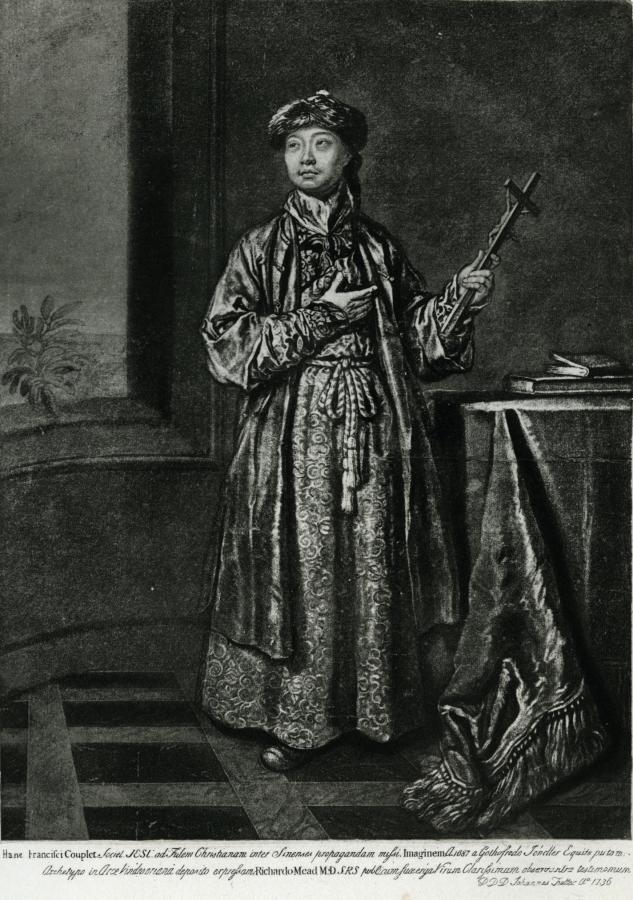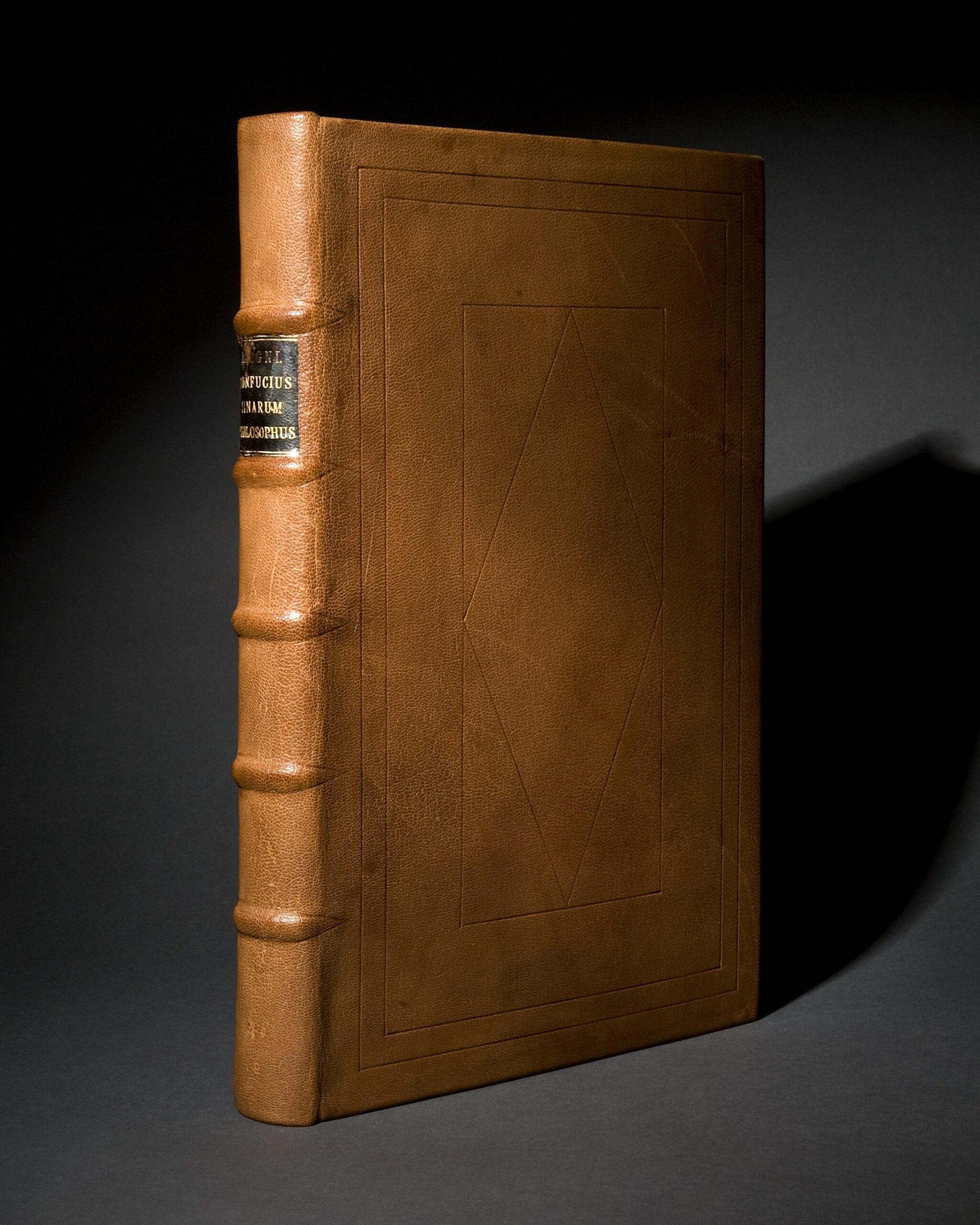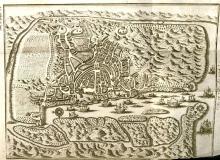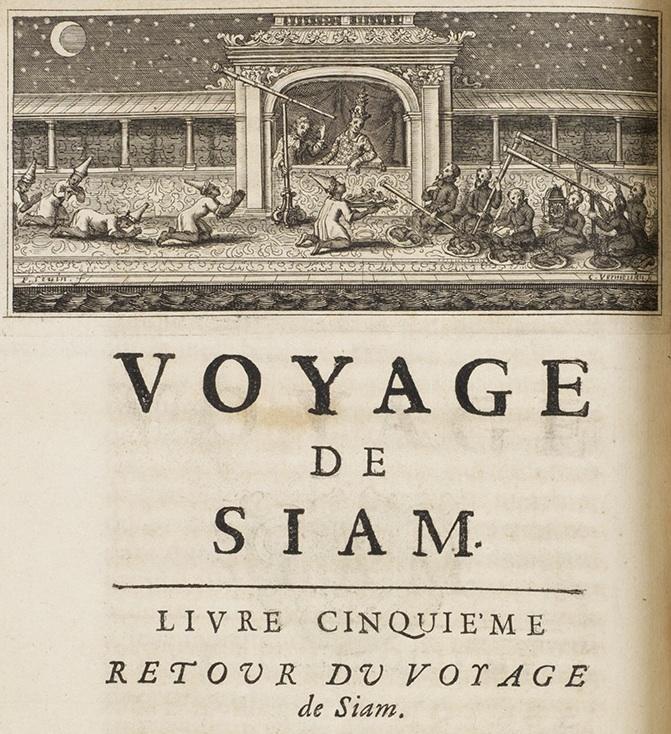Philippe Couplet


Confucian philosophy was introduced to Europe as a result of both the work of the Jesuits who translated these scholarly works into Latin (and other European languages) and the fact that one man brought these translations back to Europe and managed to get them published. That man was Philippe Couplet (1622-1693), who was a Flemish Jesuit sent back to Europe in 1681 to act as procurator of the China mission.
Couplet travelled near and far in the course of his assignment, and he was almost always accompanied by a young Chinese Christian, Michael Shen Fuzong, who subsequently joined the Jesuits in Portugal in 1688. Couplet and Shen visited the pope, the king of France (Louis XIV) and later the king of England (James II). Shen also conversed with an Oxford scholar, Thomas Hyde, about Chinese matters. All these travels and meetings aroused further interest in the Jesuit work in China and in Chinese culture and history more generally.
The Jesuits in Europe made the most of this interest and during Couplet’s visit he managed to have printed the translations of books from the Confucian canon. These translations represented several of decades of scholarly work by a number of Jesuits – including Prospero Intorcetta and Christian Herdtrich. This book was dedicated to Louis XIV and entitled Confucius Sinarum Philosophus. It was printed in Paris in 1687.
Couplet’s visit also convinced Louis XIV to engage in sending missionaries to Asia and so he chose the group that has become known as ‘the six mathematicians of the king’. Many of these men spent long and fruitful years in China. Sadly, neither Couplet nor Shen Fuzong regained Chinese shores as Shen died at sea near Mozambique in late 1692 and Couplet died off the coast of Goa in 1693, having been injured by a falling seachest.



